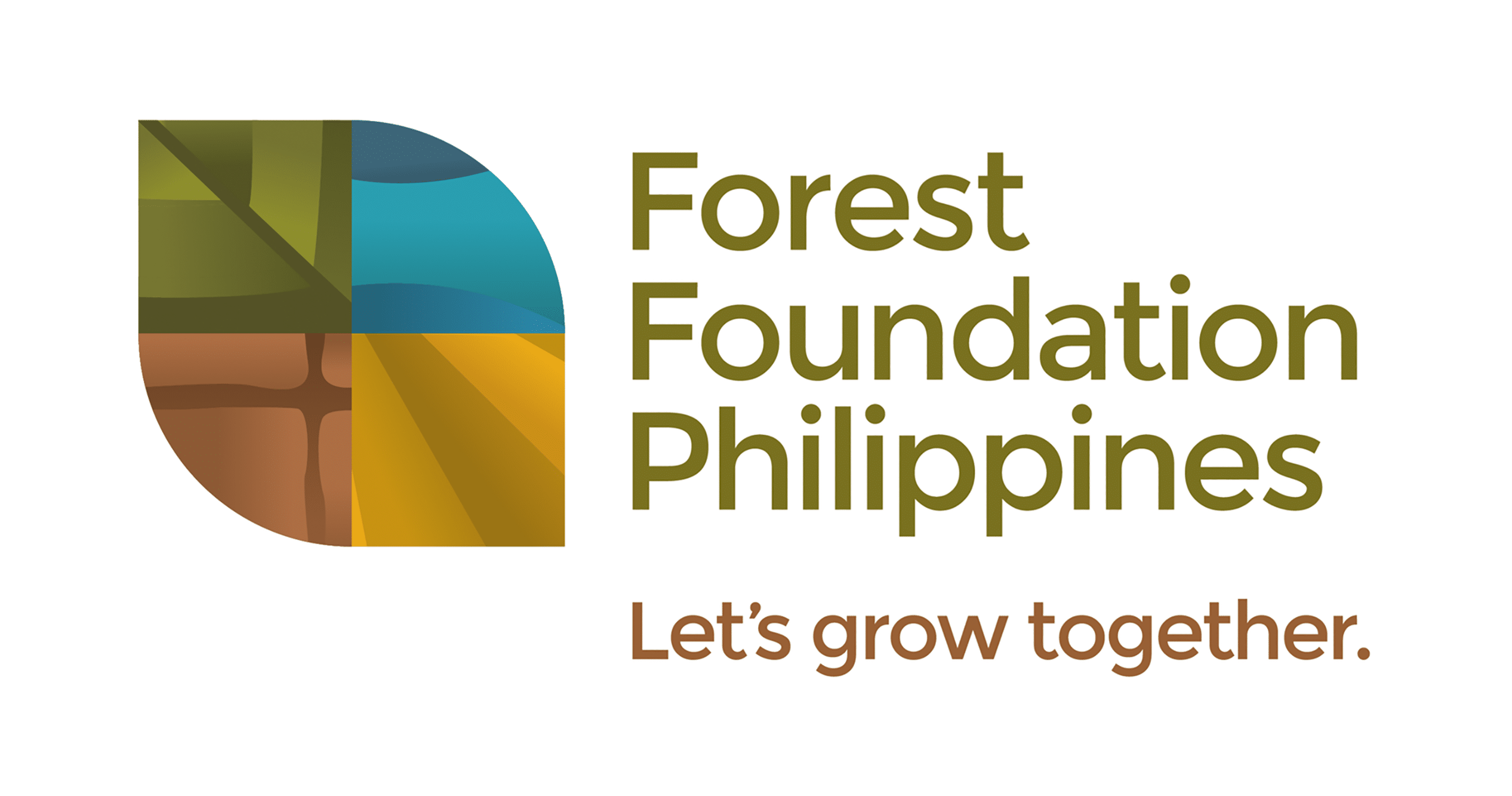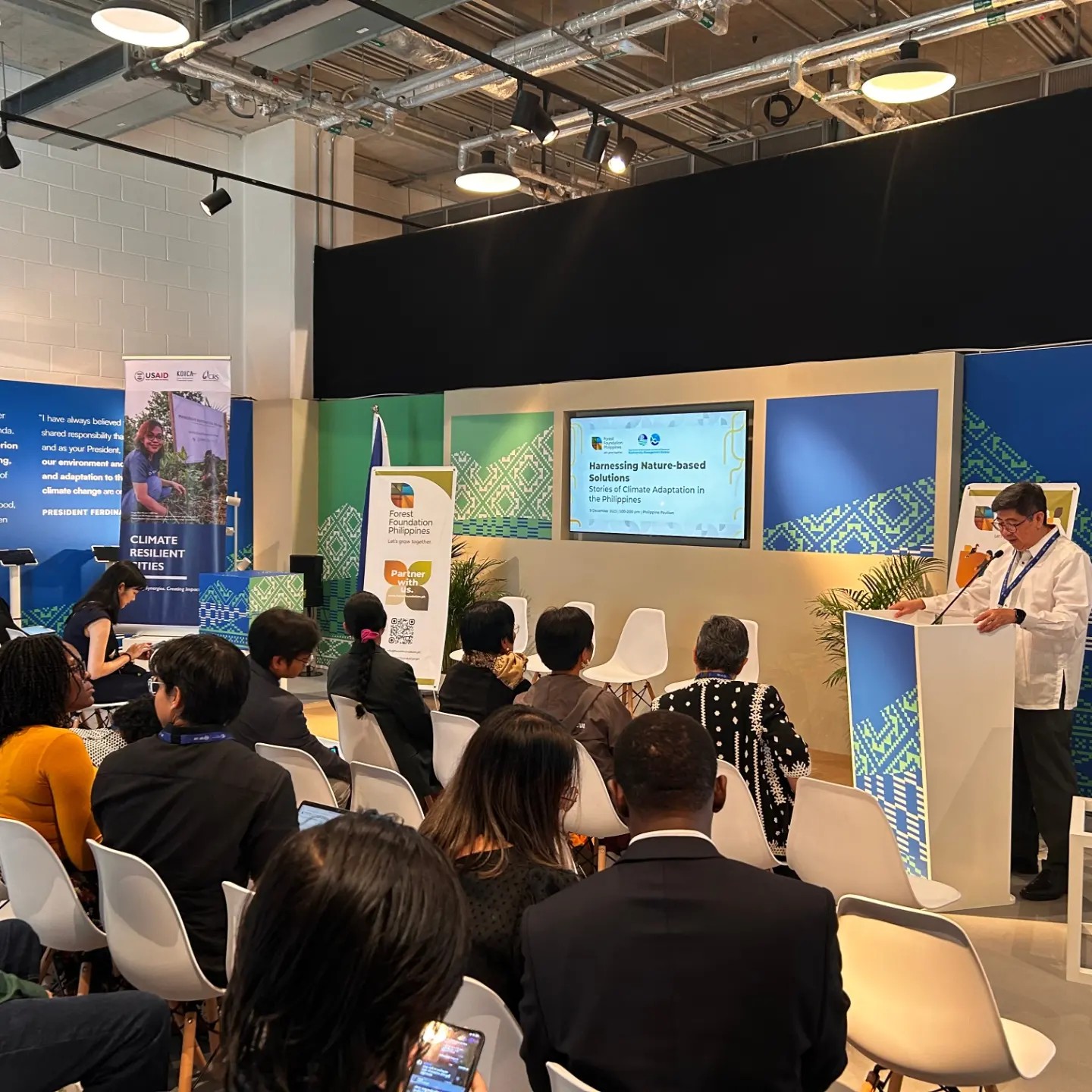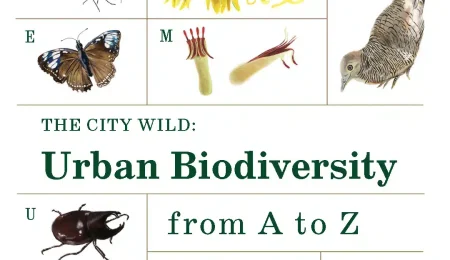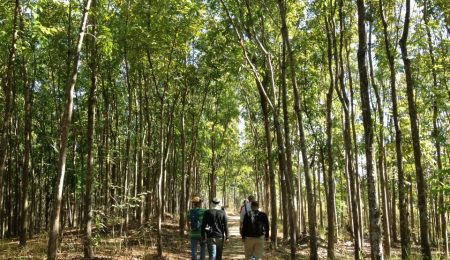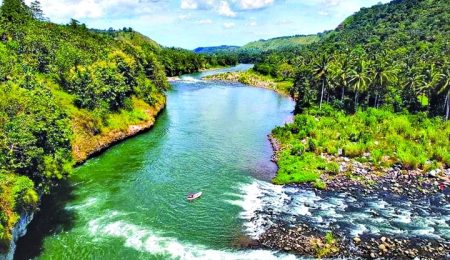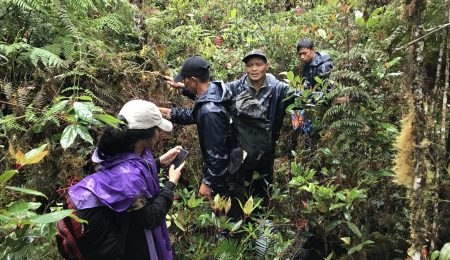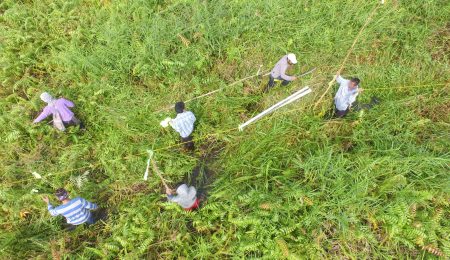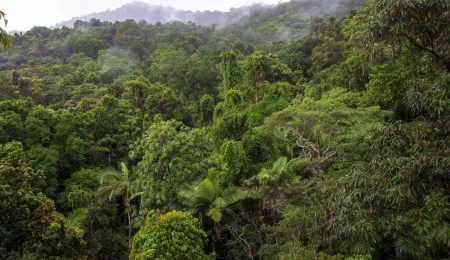Key messages:
- Nature-based Solutions are holistic approaches to restoring ecosystems as these aim to also address societal challenges. These are targeted to break silos and bring impact at scale. NbS holds significant power to respond to multiple challenges and provide multiple benefits to people and the planet but it also has to be accompanied by equally impactful efforts such as phasing out fossil fuels and transitioning to just energy.
- Forest Foundation’s support to NbS lies within the nexus of development, financing, climate change, and conservation, where through a debt-for-nature swap finance mechanism, local communities are empowered to take center stage in forest management and conservation efforts.
- Genuine solutions to the climate crisis are rights-based, pro-people, and pro-planet, always involving meaningful engagements with Indigenous Peoples and local communities, with concrete safeguards prioritized and implemented.
- The tourism sector plays a critical role in protecting natural resources. With regenerative tourism, human needs and environmental outcomes are valued above profit, and development is achieved in a more inclusive, equitable, and empowering way.
DUBAI – Forest Foundation Philippines hosted a panel discussion at the COP28 UN Climate Change Conference at the Philippine pavilion with the theme Harnessing Nature-based Solutions: Stories of Climate Adaptation in the Philippines. Moderated by Forest Foundation Philippines’ Executive Director, Atty. Jose Andres Canivel, the side event gathered experts and community leaders from various sectors to explore the transformative potential of nature-based solutions in mitigating and adapting to the impacts of the climate crisis.
As a country highly vulnerable to the devastating effects of the changing climate, Nature-based Solutions are gaining profound significance for its wide array of strategies that leverage nature’s resilience to restore and enhance ecosystems while also strengthening and responding to the needs of communities.
The diverse panel, represented by the international sector, civil society, indigenous community, as well as the private sector, delved into the unique challenges that each face and presented insights on the transformative power of nature-based approaches.
“We’re trying to catalyze action at scale. Nature-based Solutions have a huge potential to contribute to sustainable development. Being ecosystem-driven, with nature at the foundation of providing ecosystem services that we all need, the question now is how do we develop integrated action plans to move beyond climate, and include biodiversity, development, poverty and other aspects,” Charles Karangwa, Head of NbS Management Hub of the International Union for Conservation of Nature (IUCN) remarked.
Edwina Garchitorena, Chairperson of the Board of Trustees of the Forest Foundation likewise highlighted that “Forest conservation as a Nature-based Solution at scale, has to go beyond carbon benefits, and onto the full suite of ecosystem services and show the economic impacts that these kinds of environments provide. We can’t look only at carbon credits because people live in these forests, and these forests contribute to the people downstream.” She also shared how a debt-for-nature financing mechanism enabled local communities to be at the center of forest conservation efforts through the grants provided by the Forest Foundation.
Meanwhile, Ruth Siringan of the Non-Timber Forest Products- Exchange Programme shed light on the challenges faced by indigenous and local communities, citing diminishing collective land tenure, disregard for and devaluation of indigenous knowledge systems and practices, lack of representation and participation in relevant engagement spaces, and the lack of access to resources to support NbS.
Nida Collado of the Macatumbalen Community-Based Forest Management Association also highlighted the critical role of women in governance, noting their influence in curbing illegal activities in the forests. She then called for simplified, flexible, and swift funds to support women and grassroots environmental defenders as they continue to face numerous threats and legal cases.
Representing the private sector, Mariglo Laririt of El Nido Resorts gleaned on the impact of the tourism industry on greenhouse gas emissions and shared an alternative pathway to tourism, which puts community and nature above profit. She illustrated their conservation initiatives that protect forests, corals, and marine life, and their challenge to effectively measure and communicate the impacts of their work to prove its business case. She also challenged the audience to make deliberate choices when traveling and to reward regenerative tourism efforts with patronage and promotion.
Following the panel discussion, a question was raised from the NUS Centre for International Law regarding expected outcomes on REDD+. Ms. Garchitorena hoped for the DENR to reopen conversations on REDD+, seeing that other nations were successfully able to bring the community agenda forward. She also looked forward to clearer definitions and a solid framework for forest management that can integrate the different needs of stakeholders.
Closing the panel discussion, Jhorace Tupas of the DENR reiterated the focus of Nature-based Solutions, not on market mechanisms but rather on the continuation of the flow of benefits from ecosystems. She also talked about the importance of synergy and of providing space for everyone on the table, to create enabling mechanisms and policies that maximize the strengths of each sector and address each one’s challenges effectively.
